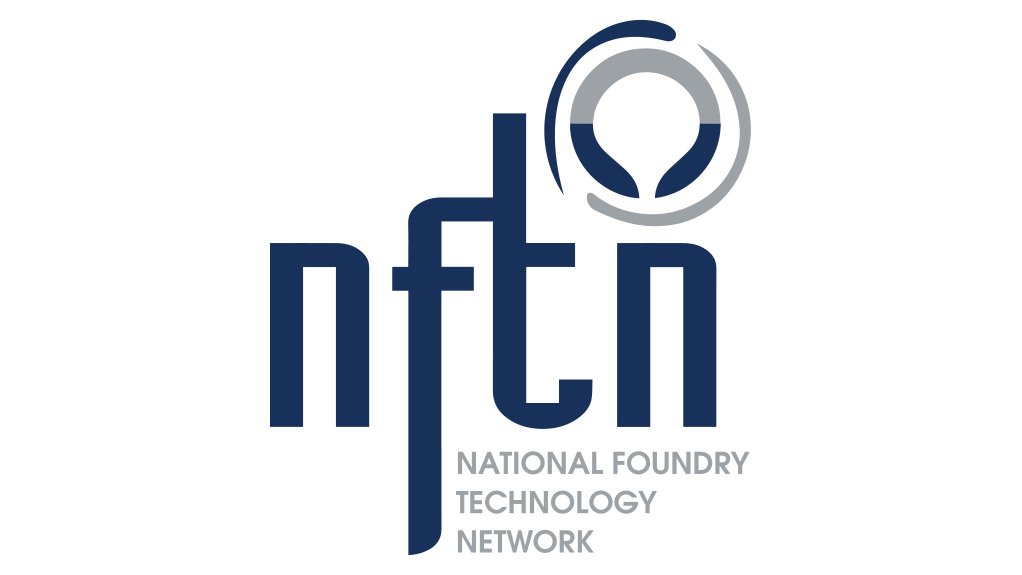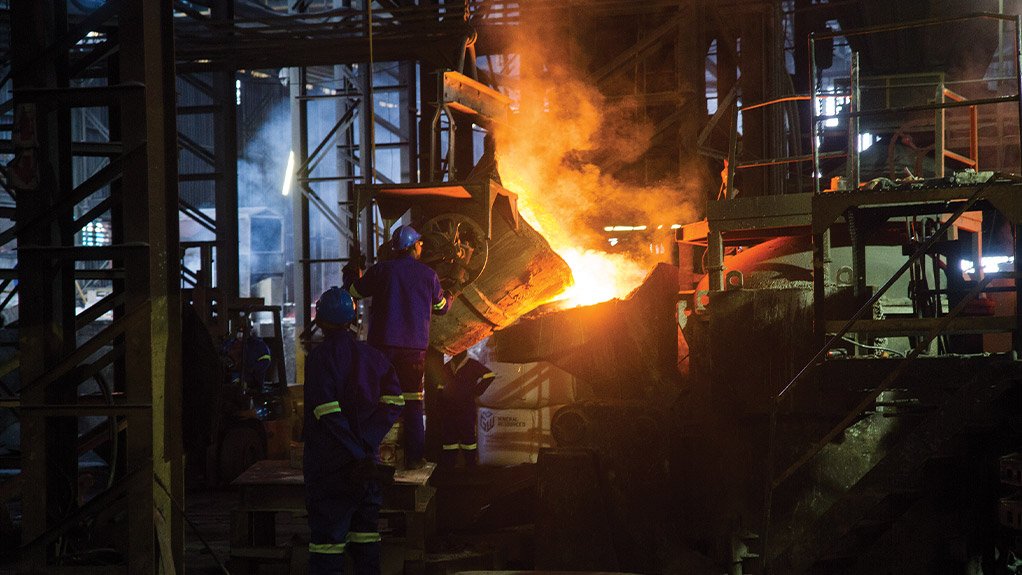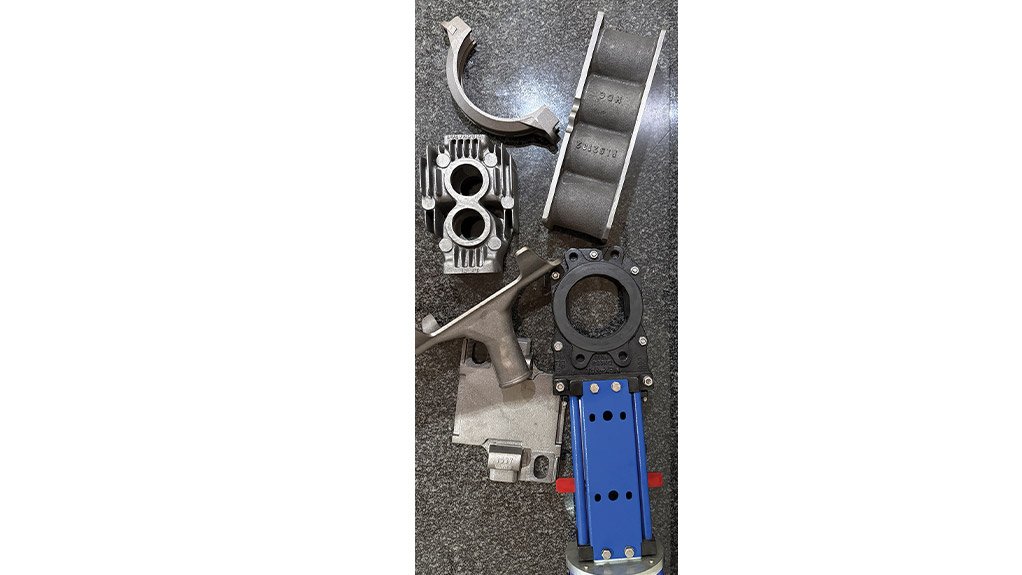/ MEDIA STATEMENT /
Through the layout optimisation intervention support provided by the National Foundry Technology Network (NFTN), a Boksburg foundry, with a legacy spanning over seven decades, will continue producing high-quality castings well into the future for the local and global market.
High Duty Castings (HDC) has not only been able to boost its efficiency through substantial investment in capital equipment – including a second new sand reclamation plant, a through-feed shotblasting machine and an additional casting line – it has also grown its permanent workforce, aided by the NFTN’s intervention which started in October 2023.
“The outcome of the intervention not only bodes well for the continuity and competitiveness of the company but has also served to boost market, customer and investor confidence in the business,” says HDC MD Bradley Venter.
Enhanced efficiencies and maximising throughput have been some of the drivers behind HDC’s investments and initiatives but there has also been a strong push by Venter, who is a sustainability enthusiast at heart, to focus on all things green, including resource efficiency and the reduction of emissions.
The NFTN is an initiative of the Department of Trade, Industry and Competition managed by the Council for Scientific and Industrial Research – Hosted Programmes that support the competitiveness and sustainability of the South African foundry industry. The foundry sector is a vital part of any economy and acts as a foundation which supports various other local industries, from the medical field, automotive, general engineering, rail to power generation, capital equipment and mining, for example. Consequently, through its work, the NFTN supports South African foundries with technical and regulatory compliance, technology transfer, product development, skills and research development and innovation interventions.
NFTN sector sustainability manager Manini Phokwane Ramagaga recommends that South African foundries should continually assess their operations to ensure that they remain competitive, relevant and sustainable.
“By doing so, the NFTN assists foundries to shape their strategies and guide their decision-making when it comes to plant improvements, technology optimisation and capital investments.
“This type of intervention is good practice when investing in upgrades of equipment and it further helps with the task of identifying the most suitable technologies, ensuring that they are implemented in a way that will best support the plant’s continuity and process improvements, product quality and scrap reduction. It is also essential that, when conducting such assessments, the potential impact on areas, such as labour and the environment, are also given strong consideration.”
HDC and the NFTN joined forces following a visit by a customer, a European original-equipment manufacturer. With large volumes of additional casting requirements having already been committed, the customer was somewhat concerned about HDC’s ability to handle the increased casting requirements while maintaining the quality of the castings produced and ensuring on-time deliveries.
The intervention project was initiated by performing a gap analysis which provided insight into HDC’s existing processes and to identify specific areas where the NFTN’s intervention and assistance may be of value. The gap analysis did highlight the inefficient layout of HDC’s older plant, and the operational limitations and higher operational costs associated with a poor plant layout were emphasised.
Ramagaga was able to visualise the operational problems that could stem from the dated and inefficient layout and flow and the positioning of the operation’s existing technology, which comprised old and new equipment. She believed the first critical moves were redesigning and recommending optimised plant layouts, developing proposals for the positioning of newly acquired, but yet to be installed, equipment and to identify other new technologies that woud see HDC realise a more sustainable manufacturing facility.
Besides the layout optimisation intervention being used to secure funding from financial institutions, she adds that an independent report from the NFTN assistst to improve the confidence of the export market and local customer confidence. Such independent reporting bolsters the confidence of existing and potential customers, which are increasingly focused on carbon emissions reductions related to manufacturing, and that the foundry is committed to sustainability. ![]()








